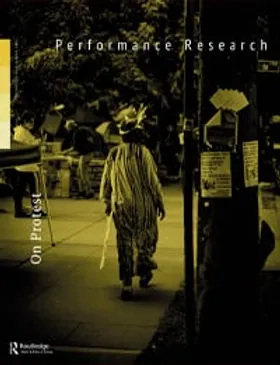Facebook takes on Harper
200,000 USERS CAN’T BE WRONG
by MATT JONES
It may be surprising that the most controversial thing Stephen Harper’s government has done since it came to power in 2006 is to get out of our faces. But whether prorogation is really about taking in some slalom action at the Olympics or avoiding the heat that was nipping at Peter MacKay’s collar over the torture of Afghan detainees, it has proven unpopular enough to convince tens of thousands of angry social networkers to take a break from making insipid comments about the minutia of their daily lives and join en masse a Facebook group opposed to prorogation.
At over 200,000 members, Canadians Against Proroguing
Parliament is more than 100 times bigger than the next largest Canadian
Facebook group, the pithy Largest Canadian Facebook Group EVER. As the group
grew, it opened up regional sections and is now planning a national day of
action against prorogation on January 23 that will feature demonstrations in 70
cities.
“To be honest, this is my first protest,” admits Matthew
Angelus (22), Administrator of the Canadiens opposés à la prorogation du
Parlement (Montréal) Facebook group. Angelus, a law student at the University of Montreal, is a good example of how
Facebook organizing has managed to draw a layer of people into activism who might
never have considered going to a demo.
“People who normally would be completely disconnected from
the political process now have a means and a forum to express an opinion,” says
Angelus.
But Facebook organizing has obvious disadvantages. Last week
the Toronto Star reported on a
Facebook movement by students in Ontario
opposed to a teachers’ strike that managed to attract only one student to a
protest organized by a Facebook group with 22,000 members.
“It’s very easy to transmit a message to other people to
promote awareness of a cause. But I guess the disadvantage is because it’s so
easy, it’s hard to motivate people to actually come out,” says Angelus, but
points out that the group’s first organizing meeting pulled out 50 of the 55
people who said they were attending. Angelus says those who showed up were from
diverse political backgrounds and significantly older than the age of the
typical Facebooker.
“I’d say the average age of the group was around 35. We have
both Conservatives and Liberals denouncing prorogation. We have New Democrats,
Greens and good number of sovereigntists in our group. People
who may not otherwise agree on other issues are coming together to denounce
this one.”
Angelus was surprised at how quickly the movement took off,
but thinks that the timing of the announcement backfired on the Tories.
“The announcement was made at the same time as Hockey Canada
announced its choices for the 2010 men’s hockey team. When you hide one news
item behind another, ultimately one gets covered up. But in the days that
followed the issue gained notoriety for this reason.”
He also thinks people were pissed off by the arrogance of
the decision.
“The issue was used to tell the opposition parties ‘I’m
going to govern like I’m in a majority: you have no say.’ And the excuses of
the government were in no way better: to say that they’re watching the Olympics
or to say parliament actually slows down the workings of government is
shameful. To shut down parliament at a time when he’s facing greater discord,
when his government has been taking part in unpopular initiatives like the
Afghan detainee issue is an affront to democracy.”
Montreal Mirror 12 January 2010 (this is the unedited text)



Comments
Post a Comment